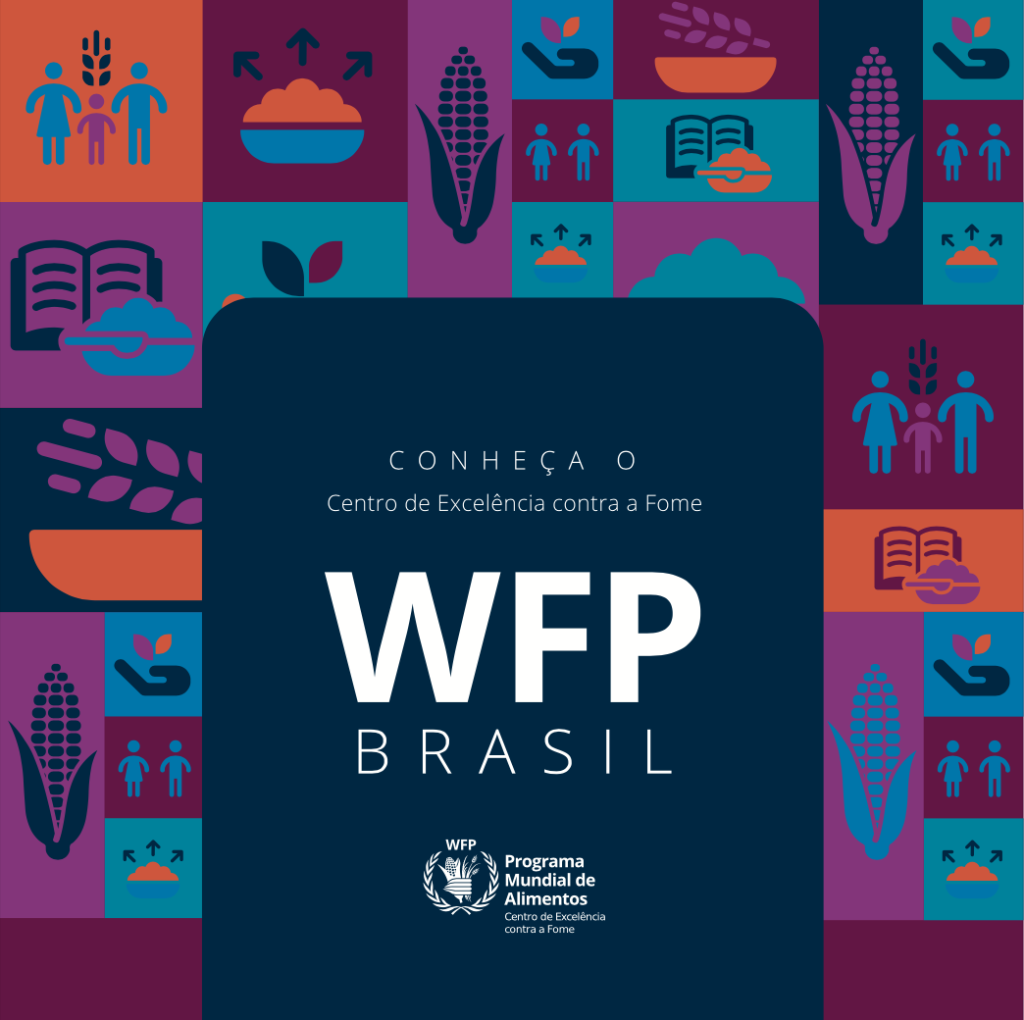
In this booklet, we present the work of the World Food Programme (WFP) Centre of Excellence against Hunger in Brazil. Learn more about our areas of focus and support modalities, some success stories, and innovative initiatives in which we take part.
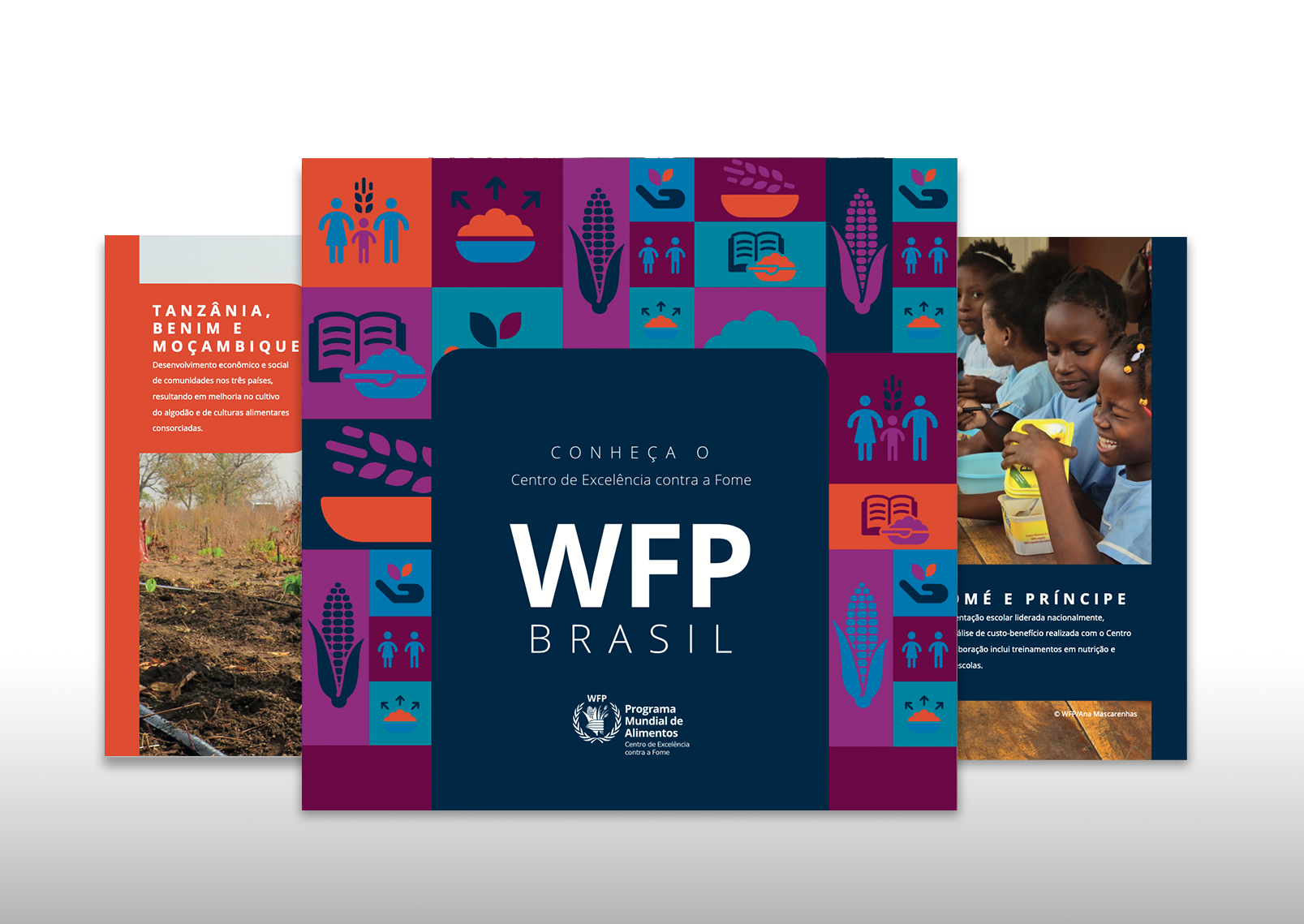 Click to download the document in Portuguese.
Click to download the document in Portuguese.
Click to download the document in English.
Click to download the document in Spanish.
Click to download the document in French.

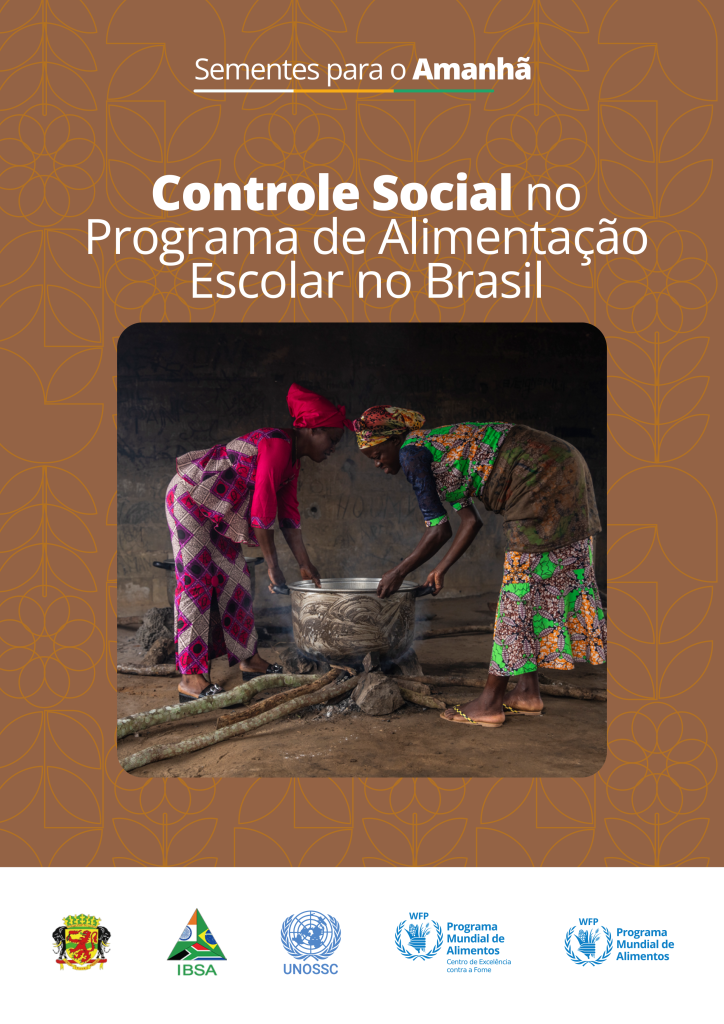
This manual was prepared for managers and employees in the Congolese public sector to learn about the composition and activities of the CAEs and their role in the PNAE. The publication details how monitoring and social participation promote transparency, community empowerment, democratic management, efficient use of resources, and continuous improvement of the programme.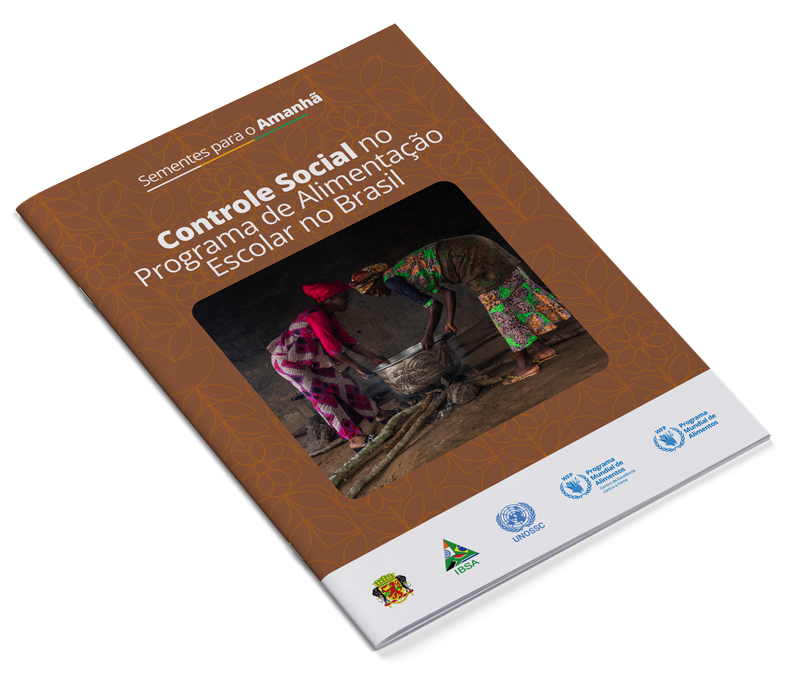

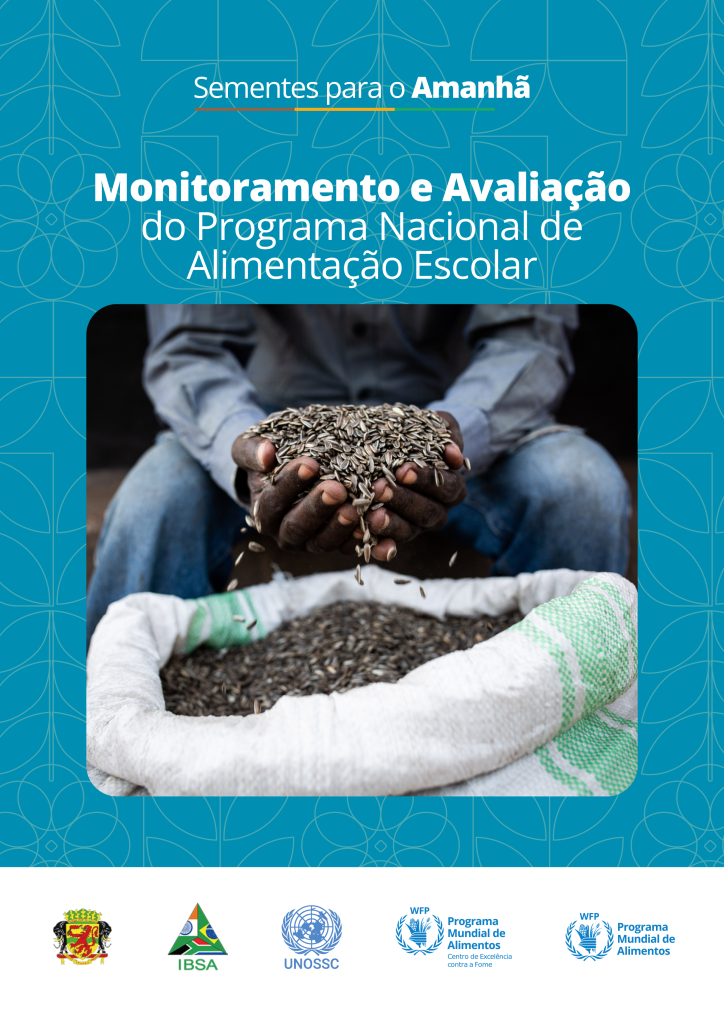
This manual was prepared for decision-makers and public managers, offering a detailed overview of the monitoring and evaluation (M&E) system of the
National School Feeding Programme (PNAE), managed by the National Fund for Education Development (FNDE), an autonomous agency linked to the Brazilian Ministry of Education (MEC) . The material presents essential tools for monitoring the programme's performance, measuring impacts and improving strategies, ensuring that resources are used
efficiently and transparently.
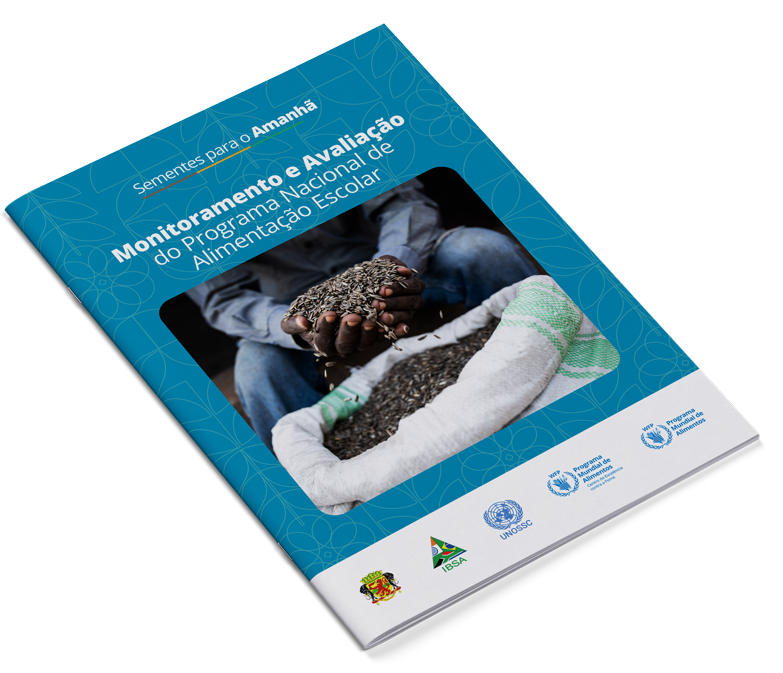

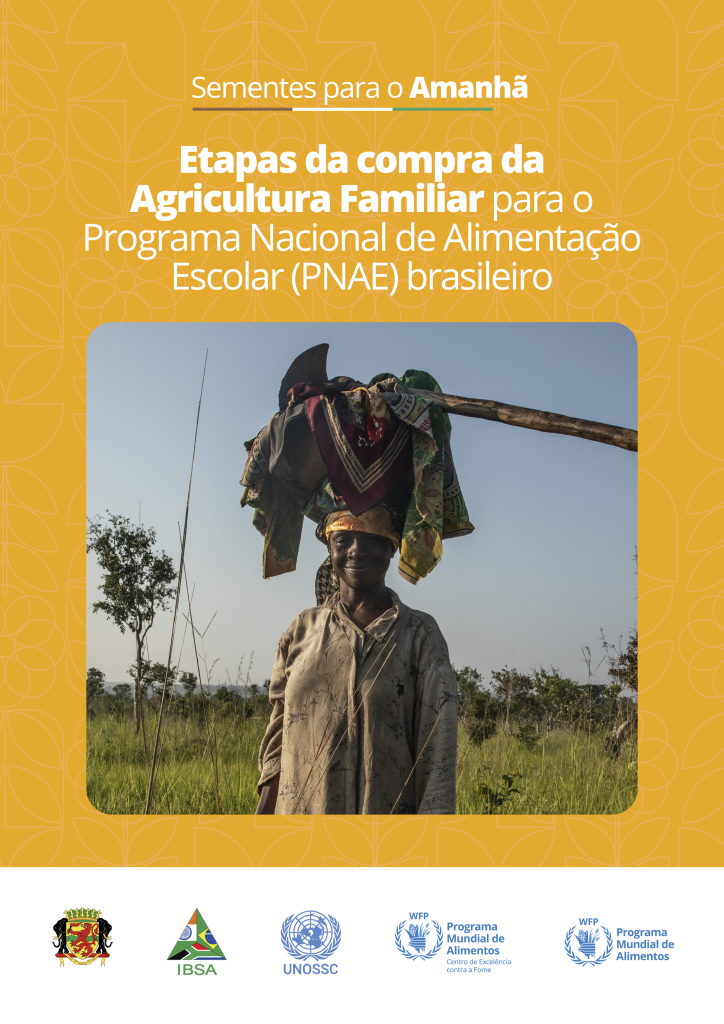
This manual was developed for decision-makers and public sector employees to learn about the main Brazilian agricultural policies focused on family farming, including institutional procurement mechanisms, access to rural credit, technical assistance, and agricultural research. The manual was based on consultations with various Brazilian government sources, such as official presentations and publications, whose information was adapted to reflect the particularities and needs of the Republic of Congo.
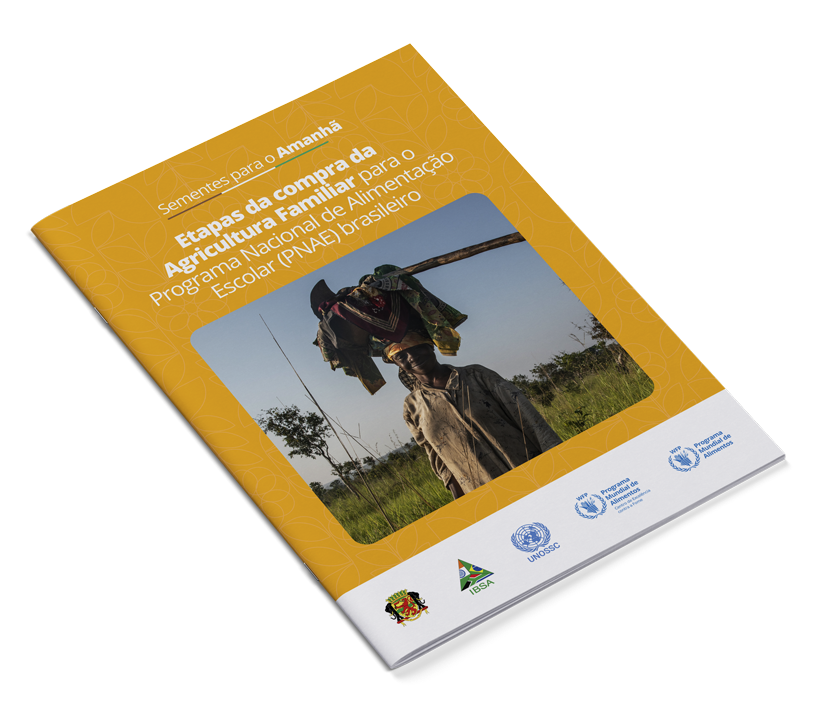

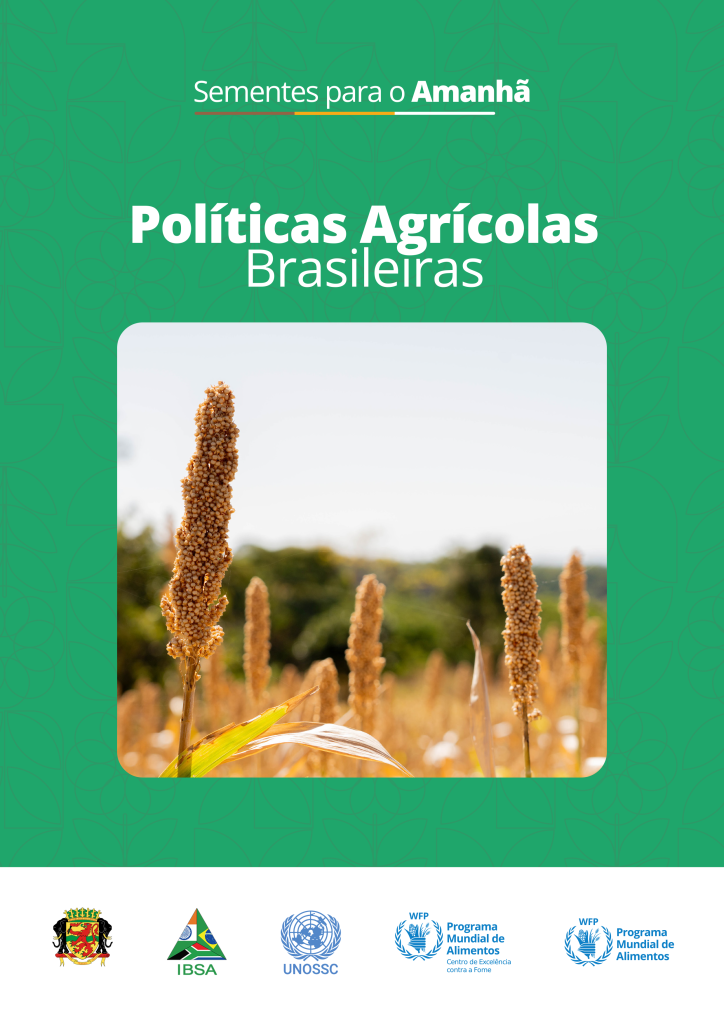
This manual was prepared for decision-makers and public sector employees to learn about the main Brazilian agricultural policies focused on family farming, including institutional purchasing mechanisms, access to rural credit, technical assistance, and agricultural research.
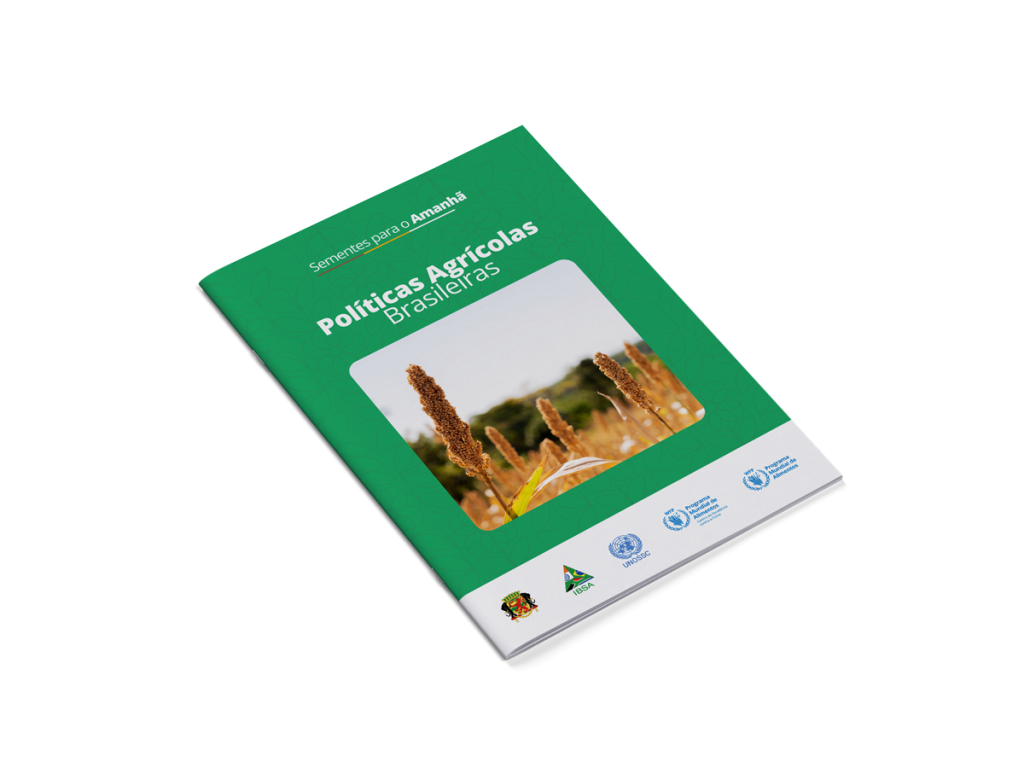

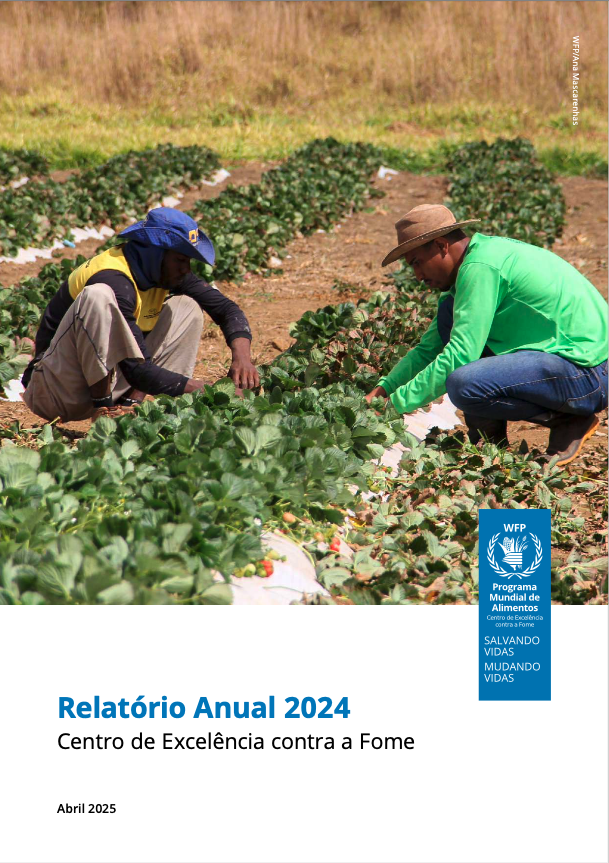
In 2024, the WFP Centre of Excellence against Hunger in Brazil participated in major international events focused on combating hunger, organized several study visits under South-South cooperation, gathered results in food security and nutrition, and hosted the winners of the reality show "Vida de Merendeira" at a meeting of Portuguese-speaking countries. The Centre of Excellence took part in the launch of the Global Alliance Against Hunger and Poverty during the G20 Social. In addressing malnutrition, officials from Brazil, Peru, and Colombia were trained; we closely followed the expansion of the school feeding program in Malawi; and supported the construction of cisterns and gardens in Kenya.
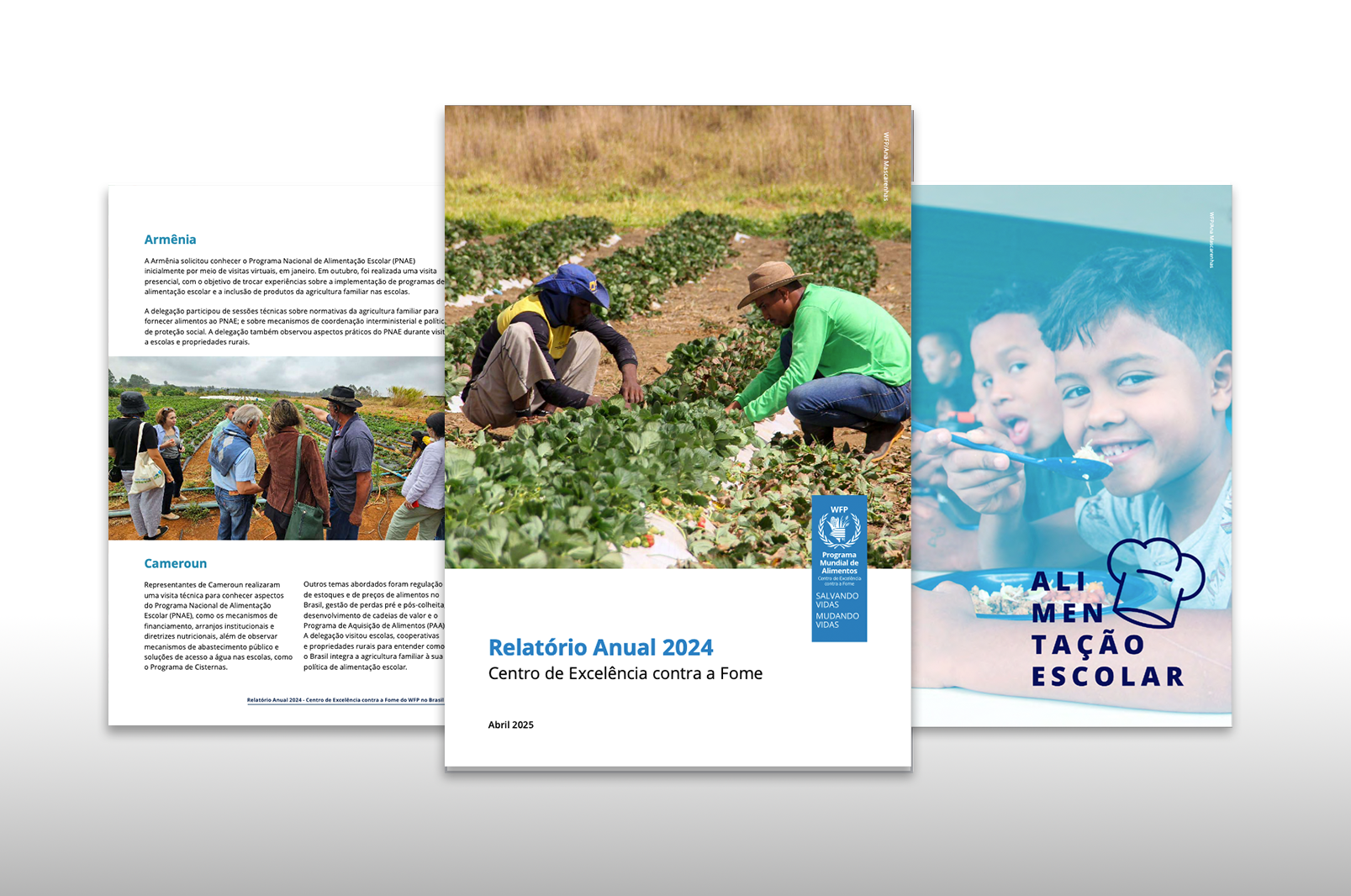 Click to download the document in Portuguese.
Click to download the document in Portuguese.
Click to download the document in English.

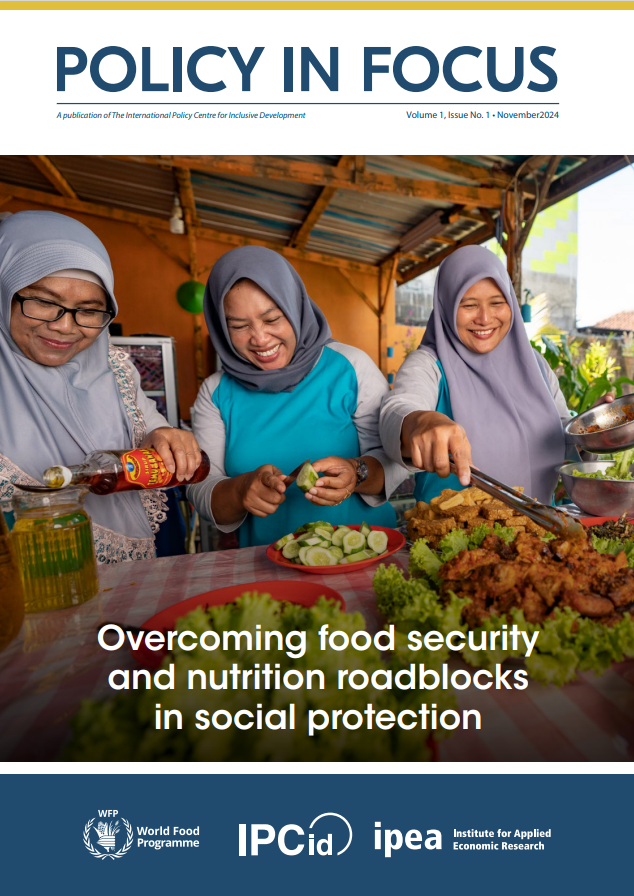
This special edition of the publication Policy in Focus, a collaboration between IPCid, the World Food Programme (WFP), and socialprotection.org, features 22 papers authored by over 50 experts from diverse institutions. It focuses on the barriers social protection systems face in achieving food security and combating malnutrition. Through case studies, expert insights, and policy analyses, the edition identifies key roadblocks such as funding gaps, political constraints, fragmented approaches, and implementation challenges. It also offers solutions to strengthen social protection systems, breaking cycles of hunger and poverty while envisioning them as a foundation for resilience and sustainable development.
 Click to download the document in English.
Click to download the document in English.

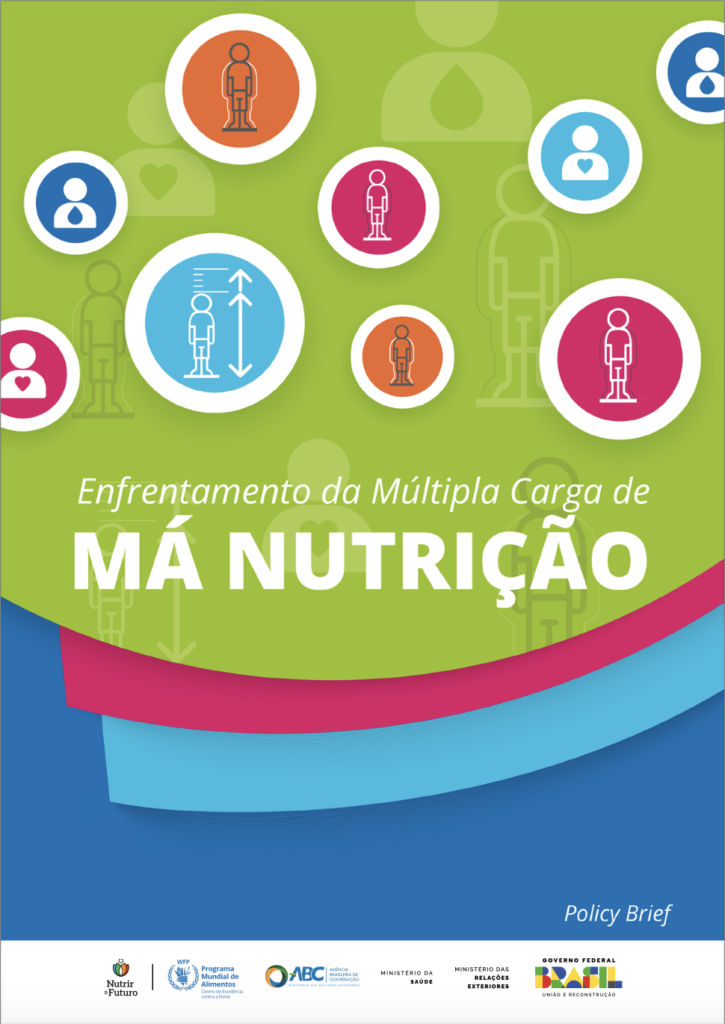
The nutritional and health situation of the population is unevenly influenced by a set of social, economic and political determinants that generate and accentuate inequalities. The multiple burden of malnutrition is a reality in certain countries and mainly affects vulnerable groups such as low-income families, women, the black population and traditional peoples and communities. This Policy Brief is a public tool of great relevance to the subject, as it provides readers with detailed information on the main theme, alternatives to mitigate malnutrition, obesity and other health problems, especially among schoolchildren, as well as supporting the strengthening of the Human Right to Adequate Food as a mechanism to reduce the consumption of poor quality food to the detriment of food and nutritional security.
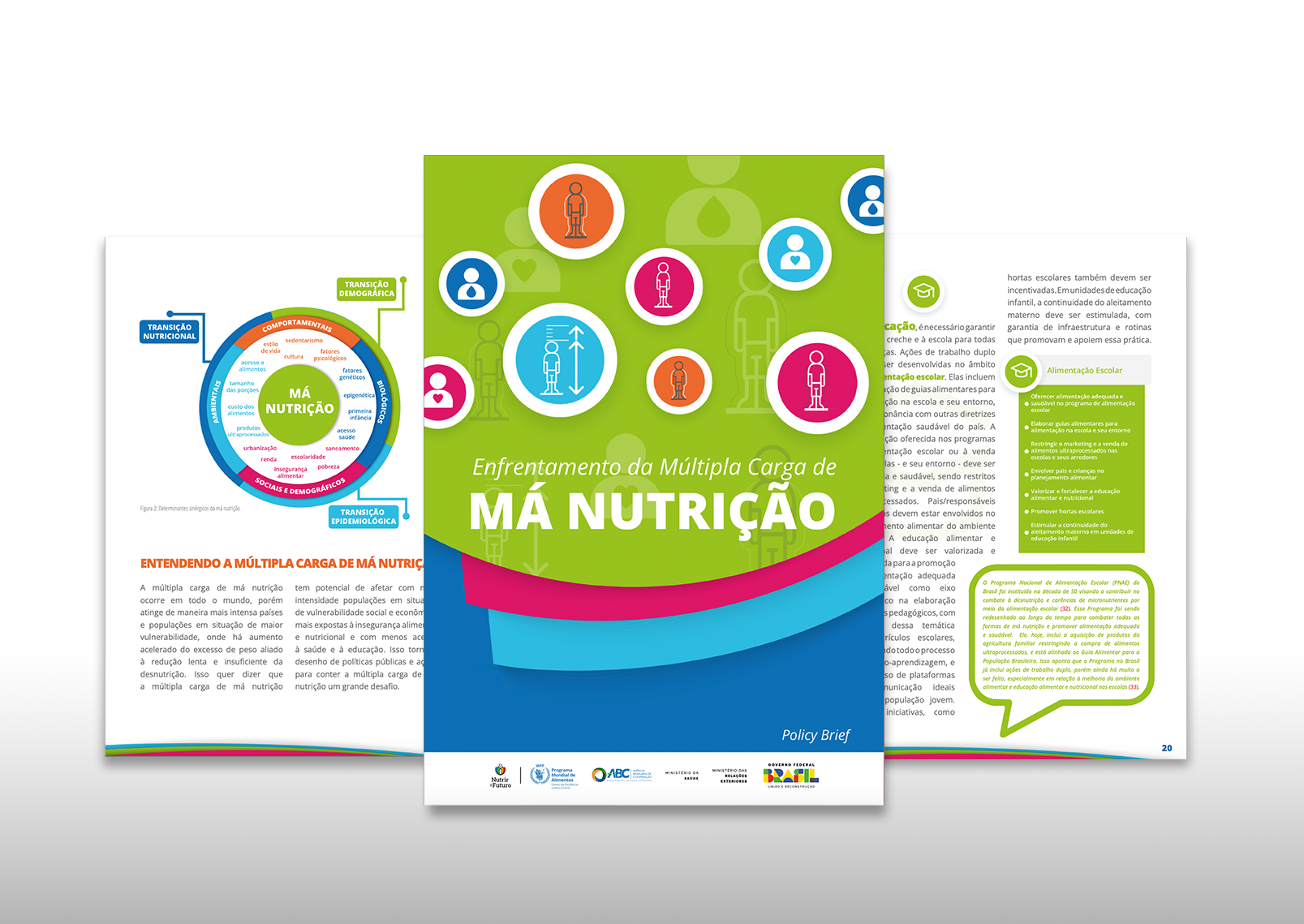 Click to download the document in Portuguese.
Click to download the document in Portuguese.





